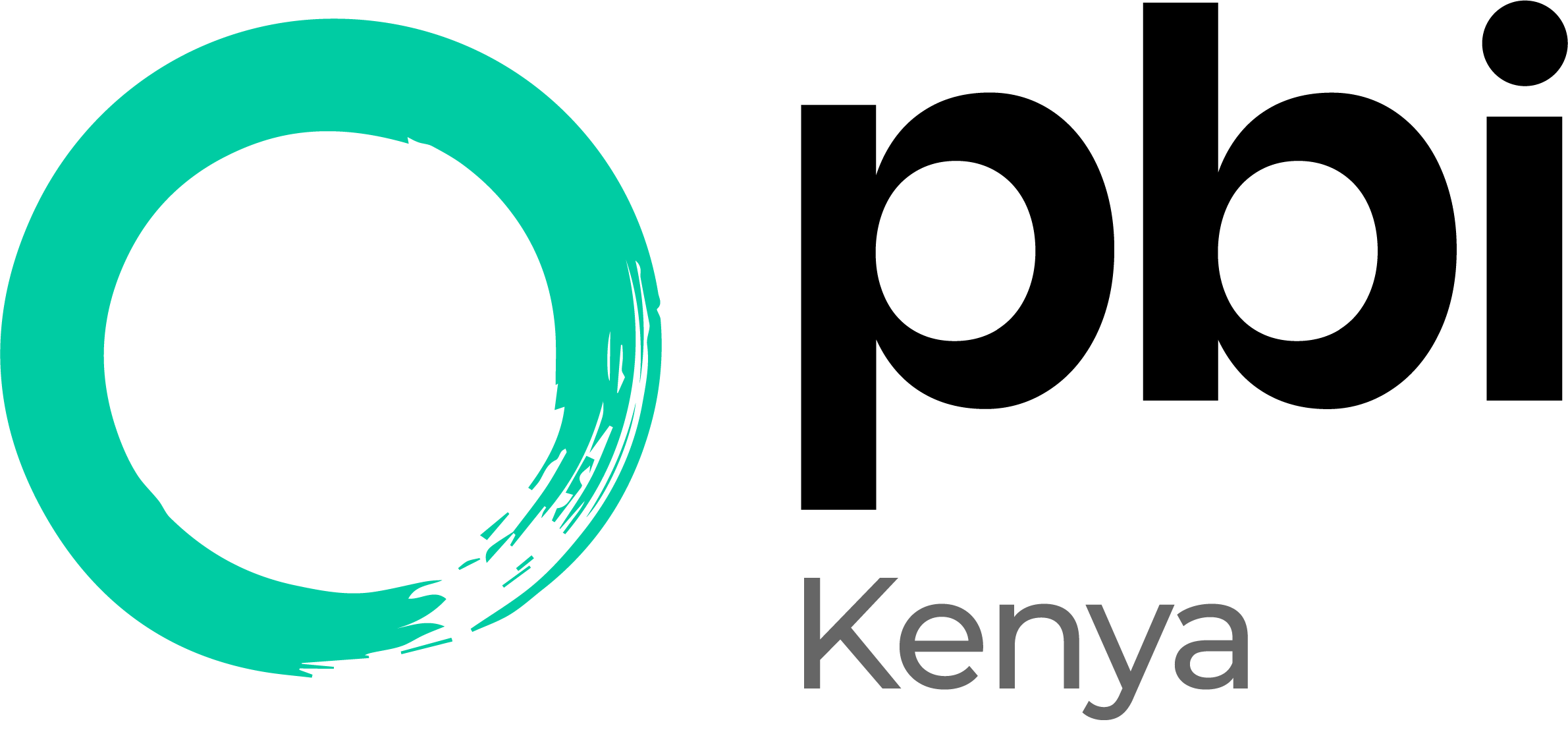Actor mapping in Kayole, Kibra and Mathare
Investing in improving relations between Police and Civil society
From March until the end of 2024, PBI Kenya together with Kayole Community Justice Centre, Kibera Social Justice Centre and the Mathare Network (Ghetto Foundation, Ruaraka Community Justice Centre, Kiamaiko Community Justice Centre and Mathare Social Justice Centre) will set in motion a project to improve relationships and dialogue between HRDs, citizens and security forces in their respective areas.
Missing Voices: Accountability Now
The Missing Voices 2022 Annual Report Accountability now was launched on 24 March 2023, the International Day for the Right to the Truth Concerning Gross Human Rights Violations and for the Dignity of Victims. Missing Voices documented 130 cases of police killings and 22 cases of enforced disappearances in 2022, bringing the total number to 152.
Investing in improving relations between government and civil society in three urban settlements
From March until the end of 2024, PBI Kenya together with Kayole Community Justice Centre, Kibera Social Justice Centre and the Mathare Network (Ghetto Foundation, Ruaraka Community Justice Centre, Kiamaiko Community Justice Centre and Mathare Social Justice Centre) will set in motion a project to improve relationships and dialogue between HRDs, citizens and security forces in their respective areas. This is supported with German Federal Foreign Office’s funds by ifa (Institut für Auslandsbeziehungen), zivik Funding Programme.
How Kenyan artists are fighting police abuses
A group of Kenyan artists affected by extrajudicial killings and enforced disappearances is using its talents to spotlight the abuses. They speak truth to power, risking their lives to bring a just society.
International treaties that protect the Right to Life
“The right to life is the most fundamental of human rights, and extrajudicial killings violate this very fundamental right, which is protected under various international human rights mechanisms and treaties.” Examples are the Universal Declaration of Human Rights and the International Covenant on Civil and Political Rights. The Constitution of Kenya also protects the Right to Life.
Training of Trainers on community organizing
In October, ten HRDs from the Social Justice Centres (SJCs) participated in a Training of Trainers (ToT) on community organizing. The participants are experienced community organizers from various SJCs in Nairobi. This particular training helped them to improve their skills in analyzing the community’s situation with fellow community members and seeking solutions together.
Missing Voices marks International Human Rights Day 2022
Missing Voices is a group of organizations whose mission is to end enforced disappearances and extrajudicial killings in Kenya. Missing Voices organises public campaigns to highlight extrajudicial killings and enforced disappearances and puts the stories of victims and their families in the centre. Find out more on www.missingvoices.or.ke Their website provides current numbers of extrajudicial executions and enforced disappearances and profiles of the victims and the circumstances under which their death or disappearance occurred.
Saba Saba - then and now
‘Saba Saba - then and now’ documents the perspective of activists who participated in the struggles in the 1990s: their aspirations, their cause and the hurdles they encountered. How did they overcome those hurdles and at what risks did this come?
Then the film zooms in on the organizing going on today. What are the struggles, what is the response of the governments and how are human rights defenders supported? There are lessons learned from then and now.
Peace Brigades International 2021 Annual Review
2021 was a year of regenerating so much of what was lost, put on hold or forgotten the year before with the Covid-19 pandemic. Priorities and plans have shifted and PBI, along with so many other organisations, has been reflecting on and adjusting our work to ensure that the protection we provide to human rights defenders (HRDs) across the world remains relevant and responds to their urgent needs.
